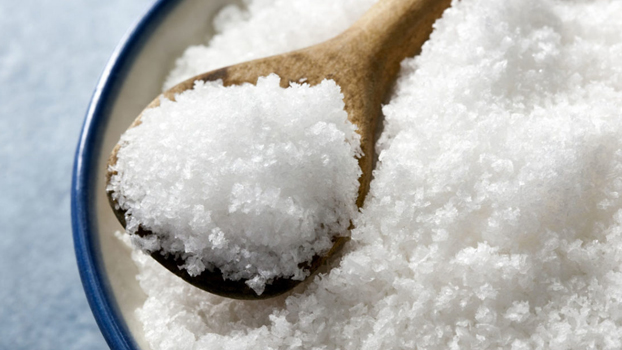Iodised salt act to add salt to health vigour

The government has taken another step to improve national health outcomes through better monitoring and efficacy of salt iodisation programme in the country.
The government is moving forward to enact the ‘Iodised Salt Act, 2021’ to strengthen the ability of the regulatory authorities for enforcing the salt iodisation.
The law is being enacted with the provisions of one to three years of imprisonment or fine of Tk 50,000 to 15 lakh, if anyone imports, produces, markets or stocks salt without registration, or does not maintain the proper standard in salt. The violators of law can also be punished through mobile courts.
Experts said the enactment of the law will be a milestone achievement in the way to achieve Universal Salt Iodisation (USI). “We appreciate the move of the government as it (government) puts nutrition as one of priority agenda bring into line it with the Sustainable Development Goals and contributing to people lives, livelihoods and productivity,” said Dr Rudaba Khondker, Country Director of the Global Alliance for Improved Nutrition (GAIN).
The GAIN closely worked with the Industries Ministry, BSCIC, UNICEF and other stakeholders as part of the technical advisory group to draft the ‘Iodised Salt Act, 2021’, said Dr Rudaba Khondker.
The ‘Iodised Salt Bill, 2021’ has already been placed before Parliament. It was sent to the respective parliamentary standing committee for further scrutiny.
Industries Minister Nurul Mazid Mahmud Humayun said they hope that the bill will be passed in the upcoming session of the current Parliament as well as the next budget session. The law is being enacted aiming to ensure balanced mix of iodine in salt and regulate the salt market in the country, he added.
According to the proposed law, a 14-member National Salt Committee, headed by the Industries Secretary as its chairman, will be formed to supervise all the activities under the Iodised Salt Act, 2021. The committee will oversee production, processing, refining, storage, transportation and marketing of salt, ensuring iodine in salt, supply iodine to the salt factories, regulating salt import, as well as placing recommendations over salt management policy. Representative of the Bangladesh Small and Cottage Industry Corporation (BSCIC) will be member secretary of the national committee. There will also be a separate cell under the Industries Ministry to ensure the standard of iodine in salt.
Saiqa Siraj, Country Director of Nutrition International, on Friday said that salt iodisation has become one of the most successful public health campaigns globally in the recent decades. The iodine is an essential micronutrient for human life, especially during the first few years of a child’s life. About 16.2 million babies are born in developing countries without adequate iodine every year and nearly one billion people globally remain at risk of iodine deficiency. A number of people in Bangladesh consume inadequately iodised salt, leaving them vulnerable to iodine deficiency disorders. Against this backdrop, the move of the government to enact a law in this regard is appraisable, she added.
She hoped that the proposed law would increase adequately iodised salt coverage. The expert on nutrition said that the ‘Iodised Salt Act, 2021’ will help increase access to an important micronutrient and improve the health of the population of Bangladesh.
Iodine is essential for human survival. According to doctors and experts on nutrition, humans need iodine for the production of thyroid hormones. Thyroid hormones are necessary for mental and physical development, and iodine deficiency impairs the function of these necessary hormones.
Iodine deficiency impairs many people and kills many infants in Bangladesh every year. Many Bangladeshis have biochemical iodine deficiency. Against this backdrop of biological necessity and geographic misfortune, the government moved for the law.



